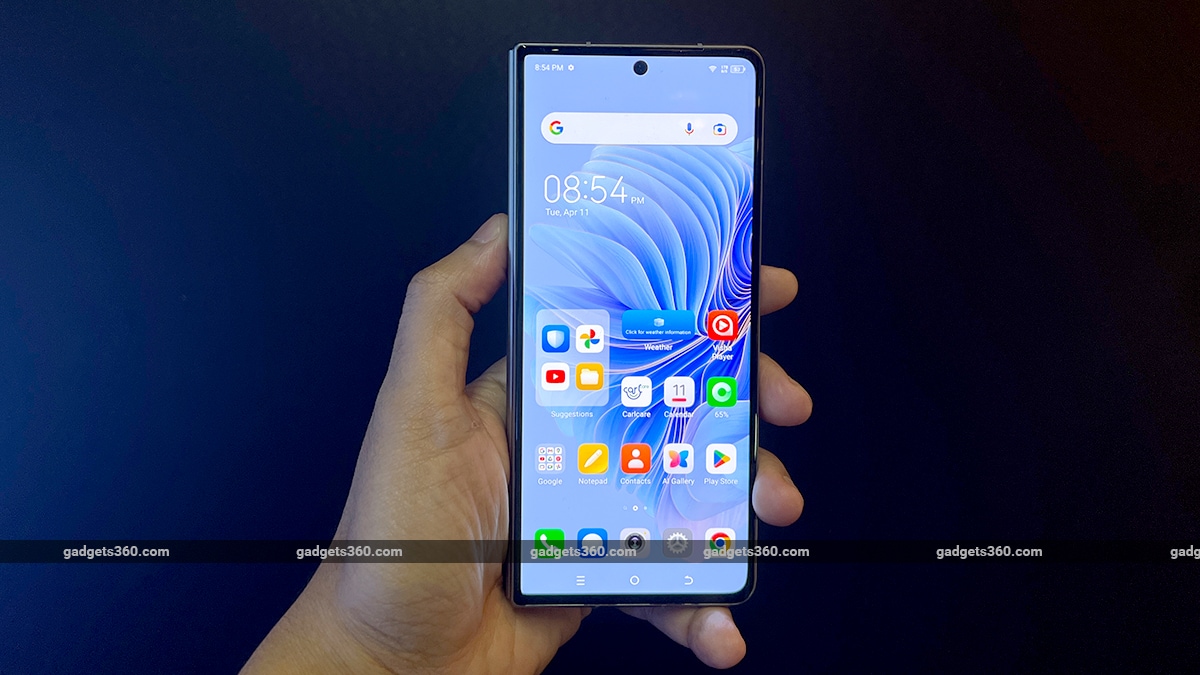Google Pixel 9 series is the company’s upcoming flagship smartphone lineup which is set to debut on August 13. Ahead of its official launch, leaked benchmark scores of the handsets’ Tensor G4 chipset suggest it may not offer much of an upgrade in terms of power but may have a positive impact on its efficiency. Notably, this development comes just a day after the storage and charging specifications of the Pixel 9 series were reportedly leaked.
Google Pixel 9 Chipset
According to a report by Android Authority, Pixel 9’s Tensor G4 chipset will come with eight cores in a 4+3+1 arrangement. This means it could have four Cortex-A520 efficiency cores, three Cortex-A720 mid cores, and a single Cortex-X4 primary core. This arrangement is said to be different compared to the Tensor G3, which had nine cores in a 4+4+1 layout. This change is speculated to be an attempt to increase the chipset’s thermal efficiency.
Google is reported to utilise the new ARMv9.2 cores, with all of them having higher clock speeds compared to its predecessor. However, it is only tipped to have a small performance impact. As per the report, Geekbench scores of the Pixel 9 Pro XL vs Pixel 8 Pro suggest an 11 percent improvement in single-core and 3 percent increase in multi-core scores.
The Pixel 9 Pro XL reportedly registered a single-core score of 1950 against the Pixel 8 Pro’s 1761, while the multi-cores of both handsets came out to be 4655 and 4523, respectively.
Another report that came out in April suggested that Google’s upcoming smartphone lineup will come equipped with the Exynos Modem 5400 manufactured by Samsung’s LSI division. Courtesy of this upgrade, Pixel 9 series handsets are said to get satellite connectivity support. Furthermore, it is suggested that this new modem will offer up to 50 percent better power consumption than the modem used in the Pixel 8. Considering the efficiency troubles of previous Pixel smartphones, such as the Pixel 8, have been linked to the modems in the past, this upgrade could potentially have a positive impact on the battery life of the upcoming smartphones.
/cdn.vox-cdn.com/uploads/chorus_asset/file/25784205/247333_EOY_Package_Check_In_CVirginia_APPLE.jpg)






